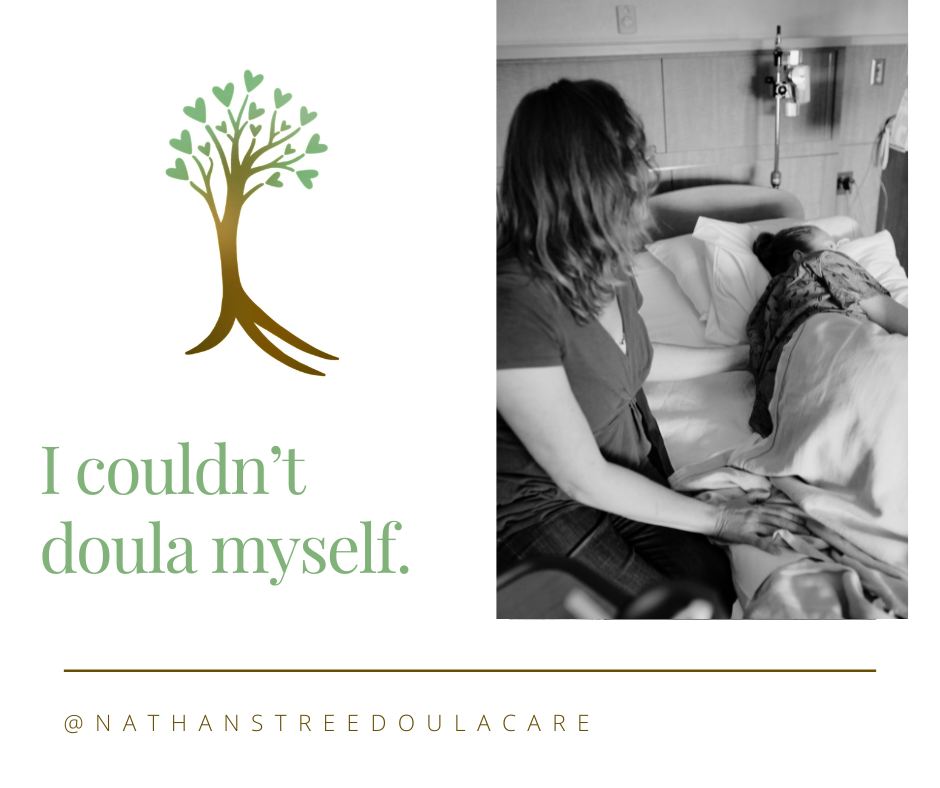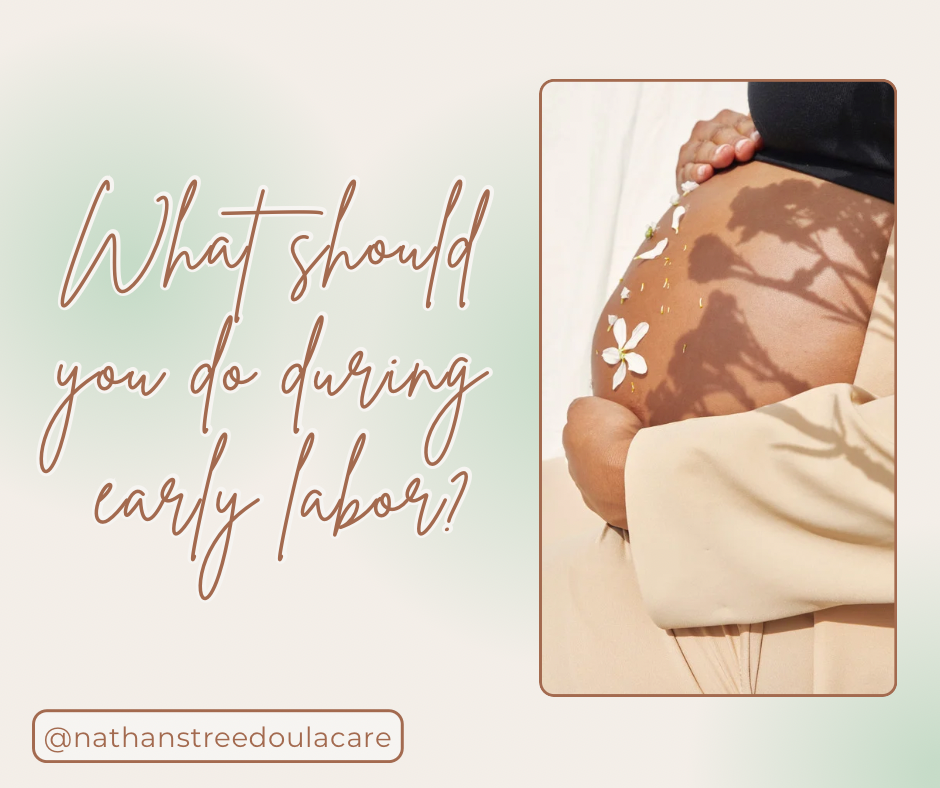The Three Rs
Active labor is the phase when your cervix dilates from about 4–5 cm to 8 cm. This is typically the point when most moms head to the hospital or birthing center, as it becomes clear that labor is well underway and progressing.
This stage can feel like a turning point—sometimes referred to as the “moment of truth.” Many moms begin to feel overwhelmed, like things are getting too intense or even out of control. That’s completely normal. The good news? You’re getting closer and closer to meeting your baby.
Here are three things to remember during this time, based on The Three Rs from Penny Simkin, founder of DONA International:
- Relaxation
Finding ways to relax between contractions can make a big difference. This might be letting your body go soft and still while taking deep, steady breaths. It could also look like gentle swaying, rocking, or repeating calming sounds or phrases. Whatever helps your body release tension will help you cope. - Rituals
A ritual is anything you do repeatedly with each contraction. In early labor, this might be a specific breathing pattern or swaying side to side. As labor progresses, rituals tend to shift into something more instinctive and spontaneous. Minimizing sensory input—like dimming lights or reducing noise—can help you stay focused and continue the patterns that are helping you cope. - Rhythm
Rhythm is often the key to managing labor. Whether it’s breathing in a steady pattern, tapping your fingers, or swaying in sync with contractions, having a rhythm helps your body and mind stay grounded. As labor intensifies, especially in the transition phase, it might be hard to maintain that rhythm on your own—this is when your doula or support person can gently guide you back into it.






